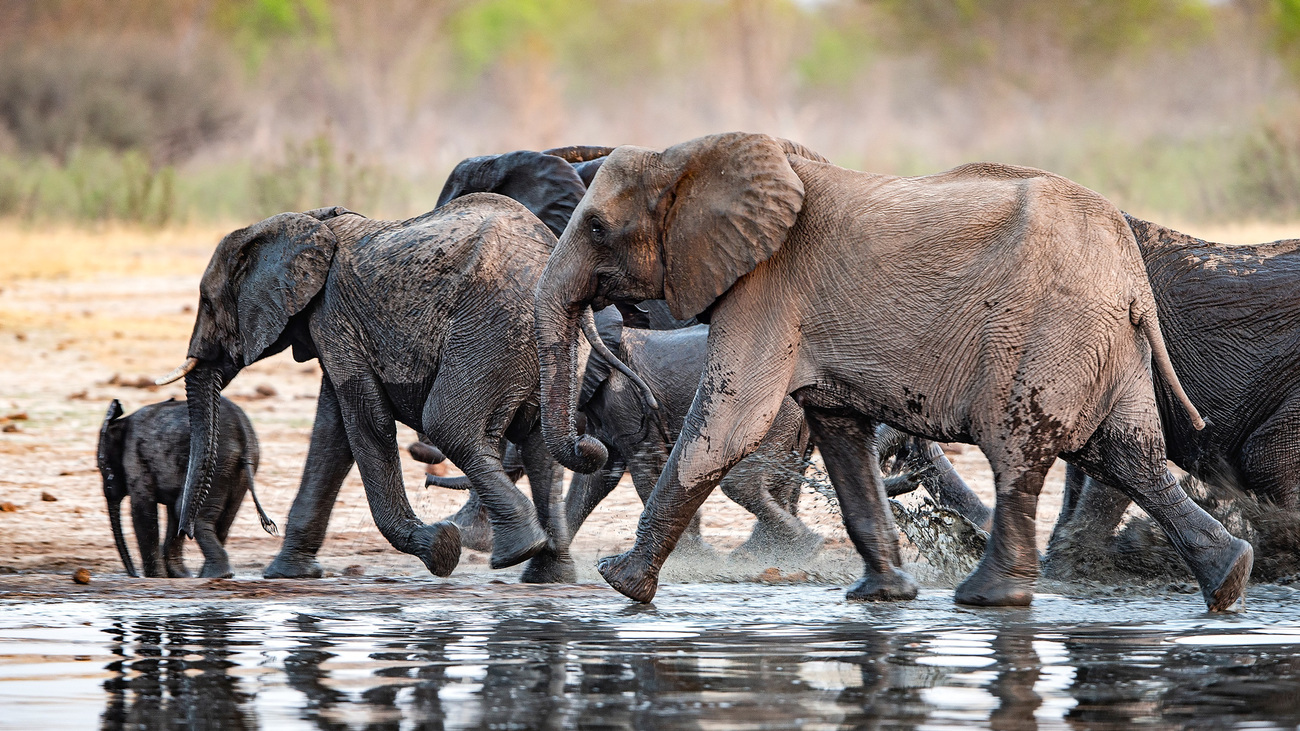Phillip Kuvawoga
custodians of nature: a peek into a ranger’s camp in hwange national park during the covid-19 pandemic
custodians of nature: a peek into a ranger’s camp in hwange national park during the covid-19 pandemic

The flagship Hwange National Park (HNP) is Zimbabwe’s largest park at over 14,500 km2. The park has incredible national and global biodiversity importance, and is home to the second largest (~ 45000) wild elephant population in the world, as well as other rare and endangered species. The responsibility to protect and manage these flora and fauna rests with the Zimbabwe Parks and Wildlife Management Authority (ZimParks) and its 240 rangers who patrol the park day and night. The global COVID -19 pandemic has had a devastating impact on potential revenue in major parks, namely Matopos NP, Victoria Falls, Zambezi, Mana Pools and Hwange. ZimParks anticipate losing approximately US$20 million this year in tourism receipts. Sadly, this has already compromised wildlife protection and the management of the park's estates.
The Government of Zimbabwe has designated wildlife protection as an essential service and as such, ZimParks has maintained rangers on the ground.. Given the remoteness of the field stations, their worry and fear are not for themselves, but for their most valued treasure- their families. Given the nature of the job and lack of basic amenities like schools and clinics, most rangers live separately from their families, who are several kilometers away in their rural homes or in towns where their children have access to education and health facilities, for long periods of time. The school holidays are rare moments for rangers to see their families, albeit for a short time before their extended deployments. The 21-day country lockdown meant inter-city travel was banned, meaning this rare family opportunity has eluded the men and women protecting our wildlife.
In addition to this emotionally trying time, rangers also have to cope with the harsh realities of the job. Some deployment outposts lack basic infrastructure to accommodate field rangers and rangers can share two-man tents during their extended 14-day patrols. This means social distancing is an alien concept to the men and women protecting our wildlands and endangered wildlife. This health risk is a chance rangers have to take, given the alternative is to sleep outside under the open sky, exposing themselves to the predators that freely roam the landscape. Generally, wildlife stations are remote and need to be equipped to a level that enables them to manage patients until they get to hospitals, but also without endangering those assisting the infected. However, ZimParks does not have enough materials and gadgets like ambulances, sanitisers, thermometers and protective gear for use by field rangers.
Supplying anti-poaching operations with provisions like patrol rations, fuel and vehicle services has been challenging because of limited financial resources to purchase these items. Several tour operators that used to assist the rangers have since scaled down or have all but stopped assisting rangers in the field. During and post this coronavirus pandemic, the duty and responsibility of protecting our wildlife rests with a few dedicated field personnel who remain committed to duty even during difficult times like these. Our collective remedy is to offer tangible support to the amazing custodians of nature who risk it all for our benefit.
-Phillip Kuvawoga, Director of Landscape Conservation
Related content
Our work can’t get done without you. Please give what you can to help animals thrive.